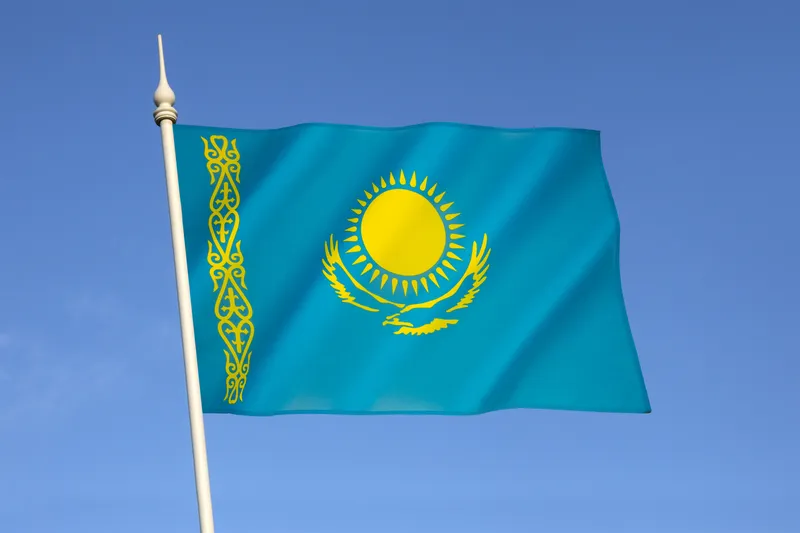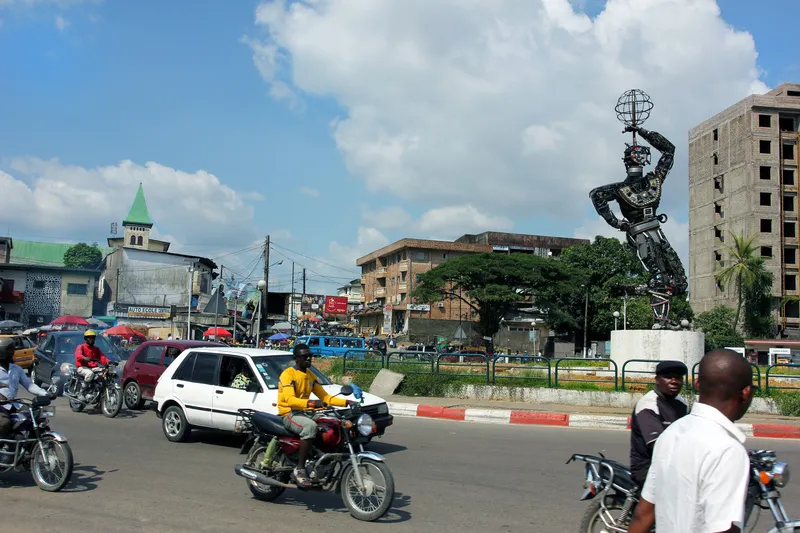In Hungary the tender process for the new M3 highway section linking Vasarosnameny and the number 49 highway is to be restarted following an unsuccessful bidding process earlier.
February 29, 2012
Read time: 1 min
In Hungary the tender process for the new M3 highway section linking Vasarosnameny and the number 49 highway is to be restarted following an unsuccessful bidding process earlier. The country's national infrastructure development firm NIF has changed a number of key parameters for the project so as to help revitalise the tender process. The cost of the 12km project will be reduced due to the changes. Meanwhile construction of the section of the M3 highway linking Nyiregyhaza and the number 49 highway is now underway. This section of the M3 highway has an estimated cost of €120.5 million and the work is being carried out by the C-S-K-K 2009 consortium, which includes 184 Colas Hungaria, 3453 Kelet-Ut, 3454 Kozgep and 945 Strabag.








